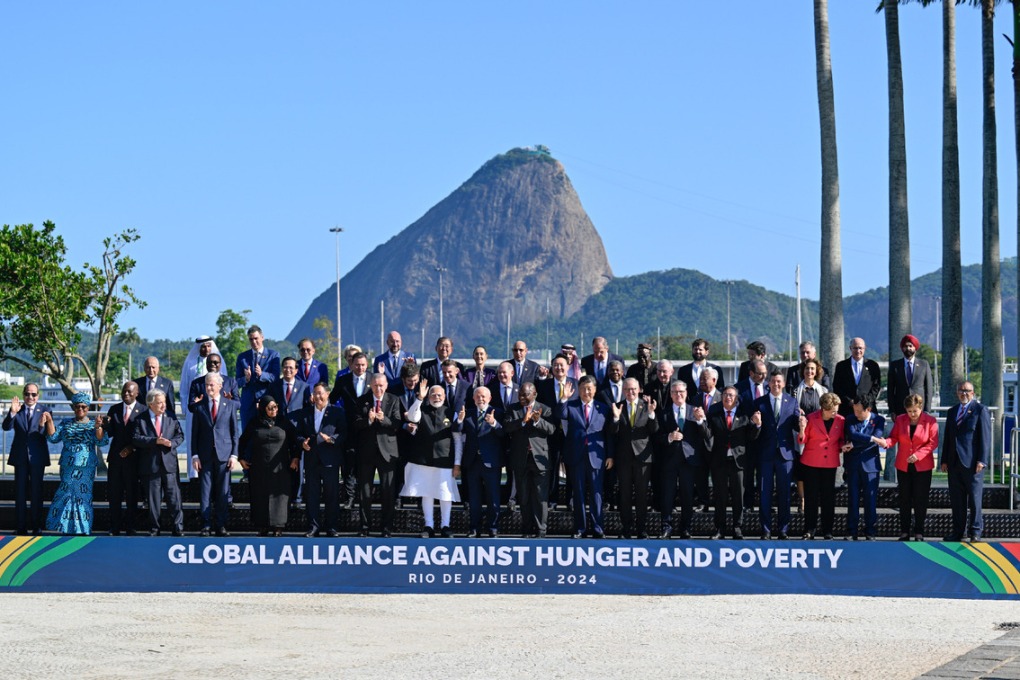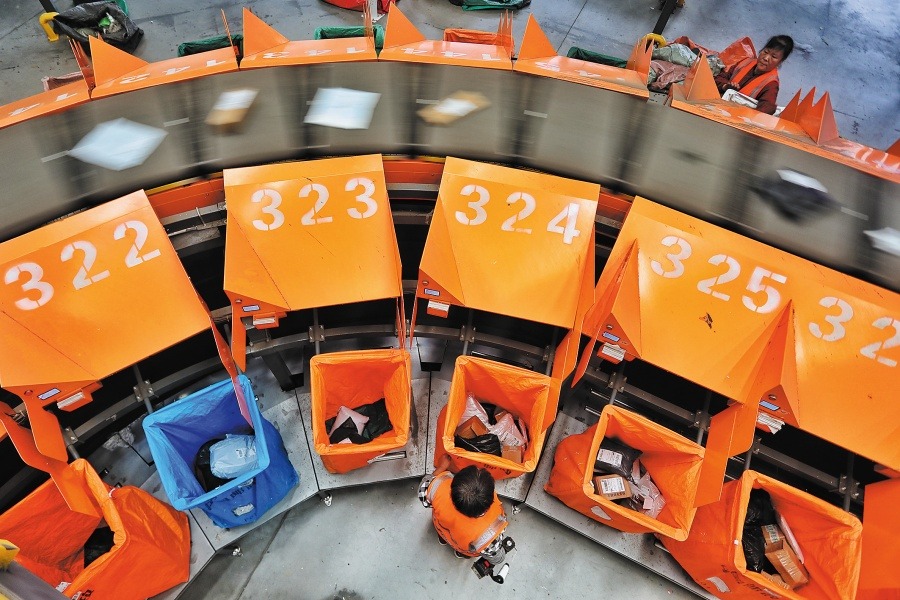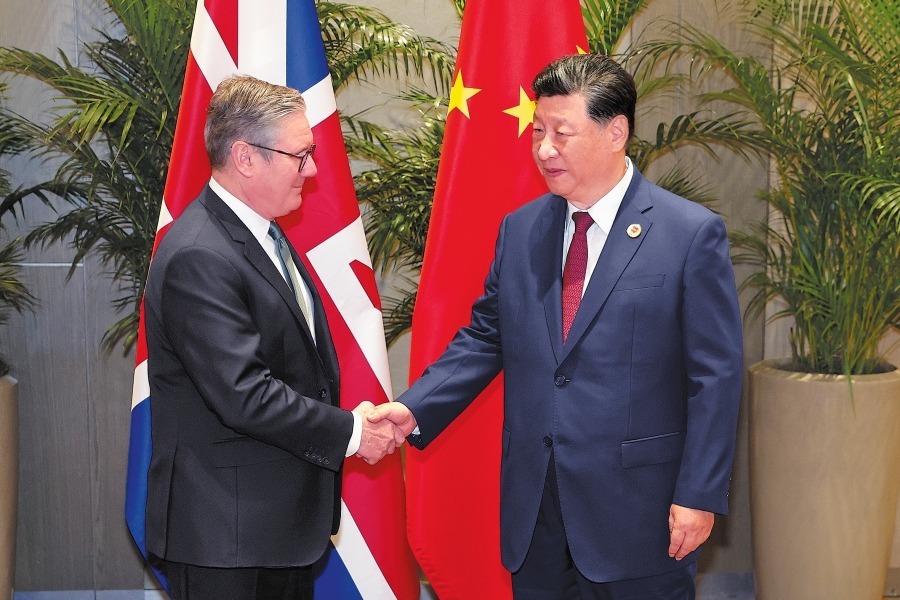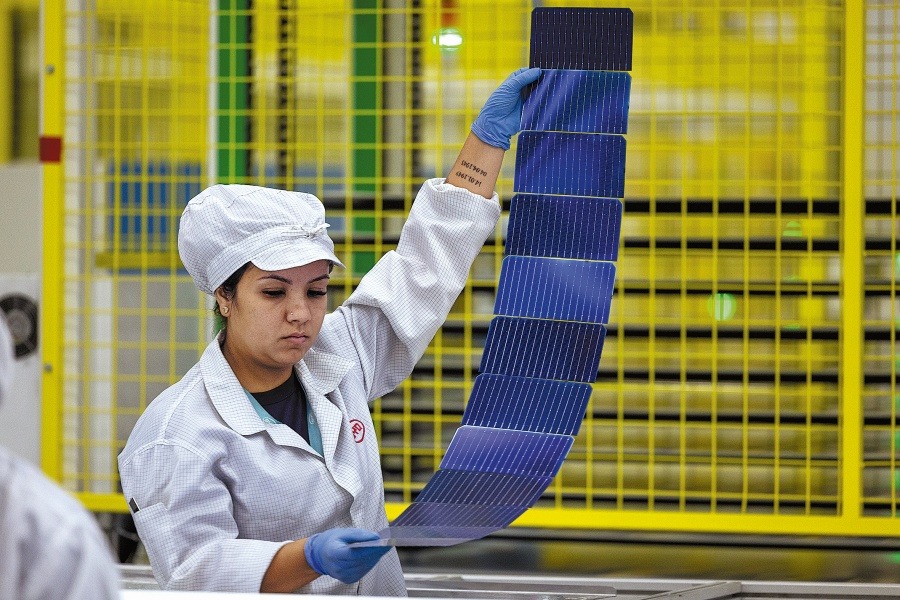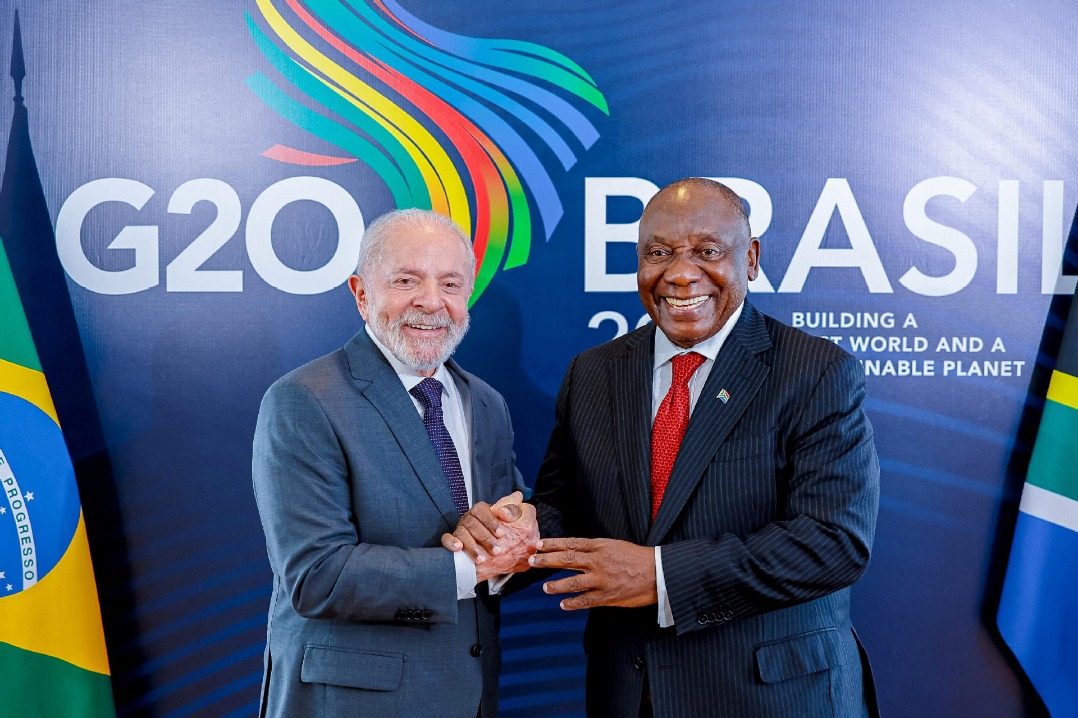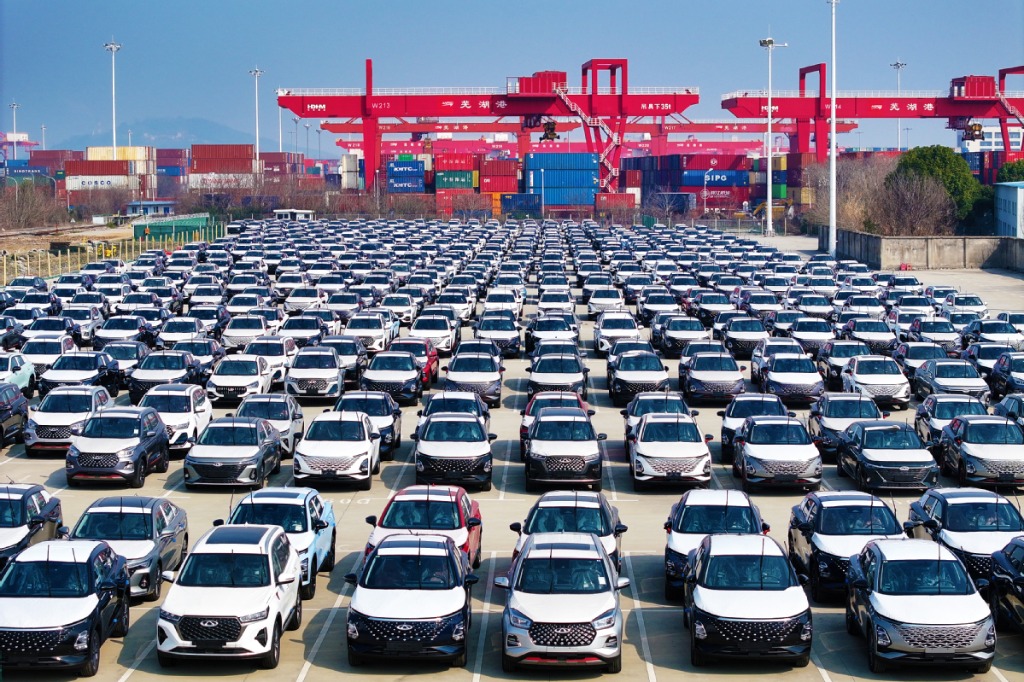Lack of EU interest in finding Nord Stream saboteur raises serious questions

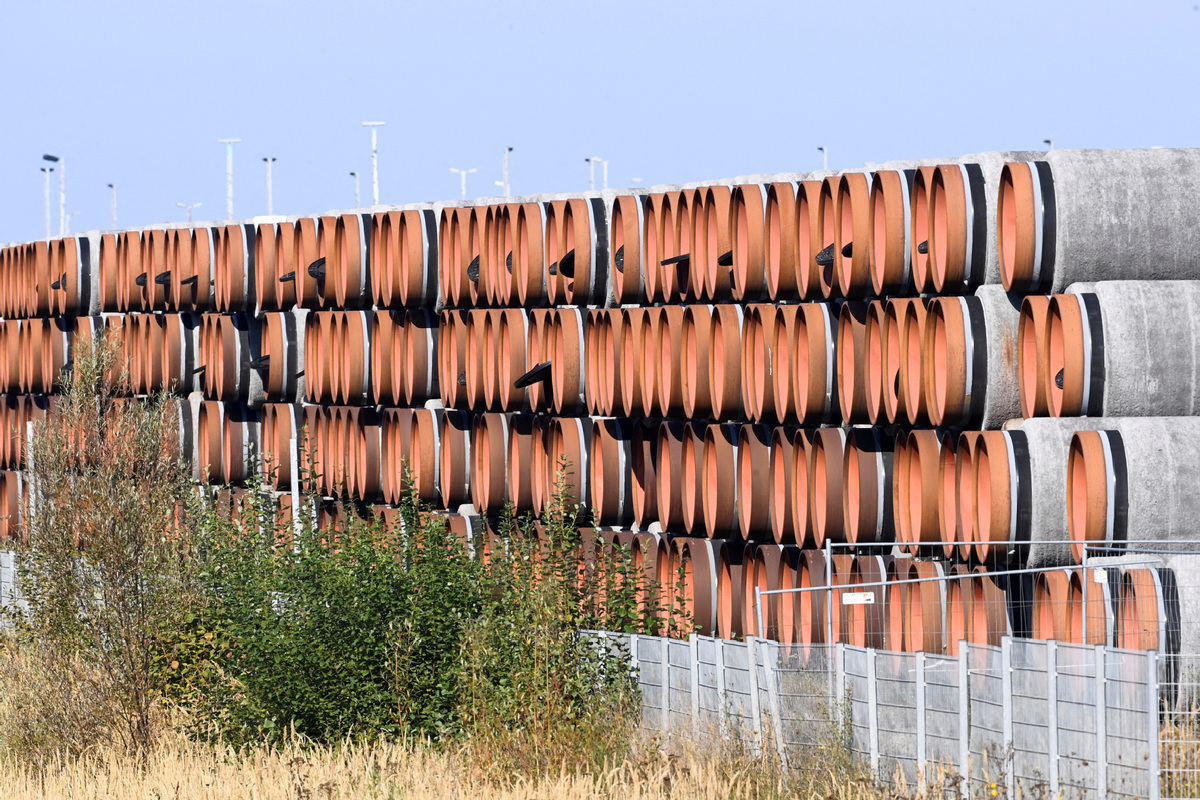
The explosions in September 2022 that crippled the Nord Stream pipelines, which used to supply natural gas to Germany and some other European countries through the Baltic Sea, were a deliberate attack on Germany's and the European Union's critical infrastructure. Many regard it as an act of war.
But the EU's lack of courage to identify the culprit, despite Sweden, Denmark and Germany conducting separate probes, is not only shocking, it has also fueled wild speculation that a country deemed friendly to Germany was involved in the sabotage. Sweden closed its investigation earlier in February, and Denmark announced on Monday that it, too, had closed its probe, further fueling such speculation.
The Danish authorities said on Monday that the explosions were an act of sabotage but there were not enough grounds for a criminal case, while Swedish officials said the case did not fall under its jurisdiction and that they had handed over to Germany "materials that can be used as evidence in the German investigation".
This leaves Germany, whose economy has been hit hard by the Nord Stream sabotage and the resulting drying up of Russian natural gas supply, to name the culprit. But whether it will do so is anybody's guess.
None of the three countries has so far revealed much detail of their 16-month investigations, something unusual given the devastating nature of the attacks and their impact on the European public.
EU and German leaders hardly talk about the explosions anymore, which is strange because Germany and some other European countries were forced to buy natural gas from the United States at higher costs. Their silence is deafening given their usually strident response to the slightest assault on the EU or any of its members from a country that is not a US ally.
At the European Commission midday briefing this week after Denmark announced the closure of its probe, I was surprisingly the only one wanting to question the closing down of the probe. No reporter from any EU member state bothered to question Denmark's decision to "shut the case".
The European Commission spokesperson kept repeating the same answer that investigations into the explosions fall under the jurisdiction of EU member states, as if the commission had nothing to do with the EU.
Some people in the US and the EU had pointed fingers at Russia after the blasts, but it made little sense to most people that Russia would damage its own gas pipelines and deal a blow to its economy.
Russia actually called for an independent international inquiry into the explosions, a request rejected by the US and its allies in the United Nations Security Council. Perhaps that's why Kremlin spokesman Dmitry Peskov called the Danish decision "close to absurdity", accusing the Danish government of closing the case to cover up for its allies.
It is no secret that the US has for long been against the construction of Nord Stream pipelines. It even threatened sanctions against German companies and ports involved in the construction of the project.
In fact, US President Joe Biden said on Feb 7,2022, less than three weeks before the outbreak of the Russia-Ukraine conflict, that Washington would "bring an end" to the Nord Stream 2 pipeline if Russia goes ahead with its "special military operations"."I promise you, we will be able to do it," he told reporters, without elaborating.
In February last year, award-winning investigative reporter Seymour Hersh published an article based on information provided by a person who didn't want to be named, arguing that the Biden administration and the CIA were responsible for blowing up the pipelines.
Shortly afterwards, an investigation by German media outlets ARD, SWR and Die Zeit revealed that a pro-Ukrainian group was responsible for the explosions, while a report in The New York Times, based on a review of intelligence by US officials, pointed to the same conclusion.
While the investigations of Sweden and Denmark, according to the two countries, didn't yield any conclusive evidence, the EU's unusual silence over the issue suggests there is an inconvenient truth behind the EU facade.
The author is chief of China Daily EU Bureau based in Brussels.
If you have a specific expertise, or would like to share your thought about our stories, then send us your writings at [email protected], and [email protected].

















